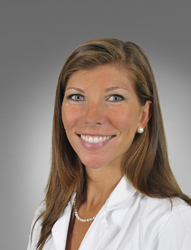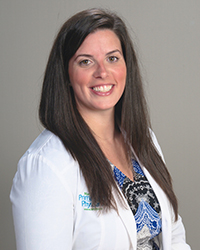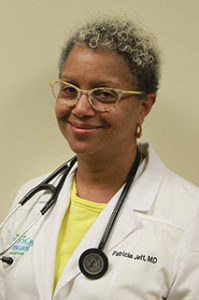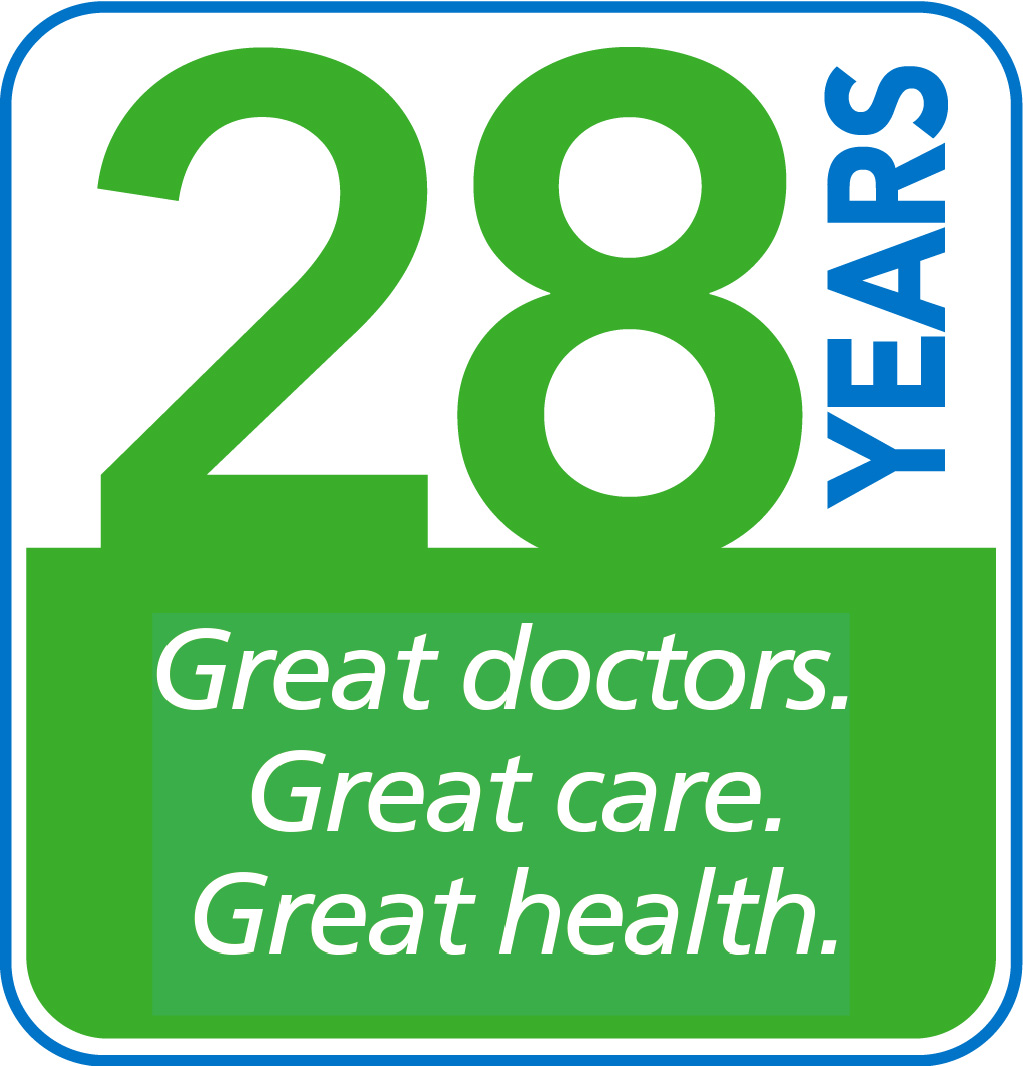BY: ANDREA C. CUNIFF, M.D.
Maryland children are finally returning to the classroom. This is welcome news for most families, but some parents wonder whether their kids will be safe from COVID-19 at school.
Maryland schools are taking precautions to protect children and staff members, including social distancing, mask wearing, limited class size and stepped-up cleaning. So as reported in Maryland School Reopening Guidance from the Maryland Department of Education, schools are pretty safe when it comes to the coronavirus. Here are some highlights from the report:
-
- Many fewer children have been infected with COVID-19 than adults.
- Children are less likely to become infected than adults.
- Children under 10 appear to not spread the virus as much as adults.
- Children generally have milder cases of the disease and lower rates of hospitalization.
- Spread of the virus in schools is uncommon when prevention strategies are used effectively.
- When Covid-19 does spread in schools, it is much more likely to be between staff members than between staff and children.
- From Aug. 10, 2020 to Jan. 10, 2021, only 4.3% of persons 19 years or younger who got COVID-19 said they had attended or visited in a pre-K-12 school. That means most were not infected at school.
- Maryland has prioritized vaccination of educators and staff in all K-12 schools. This is underway now.
See public and non-public K-12 schools that have reported Covid-19 cases
While schools are taking precautions, you should remind your children to protect themselves with these safe practices:
- Stay separated (at least three feet, according to the latest CDC guidance): This includes not bunching up while standing in line, leaving space between seats at lunch, and not getting too close to others at recess.
- Wear face masks: This should be a priority, especially when it’s hard to maintain social distance, such as on the bus or entering the school building. Wear cloth masks or the disposable medical face masks that are now widely available at grocery and drug stores.
- Give your child a clean mask and back-up mask each day and a clean, resealable bag for them to store the mask when they can’t wear it, such as at lunch.
- Keep hands clean: Practice hand-washing at home with your child: soap and water for at least 20 seconds. Encourage them to wash before and after eating or after coughing/sneezing. If hand washing isn’t available, use hand sanitizer.
- Stay home if sick: Children should stay home if they have tested positive or are showing any COVID-19 symptoms:
- Fever or chills
- Cough
- Shortness of breath or difficulty breathing
- Fatigue
- Muscle or body aches
- Headache
- Loss of taste or smell
- Sore throat
- Congestion or runny nose
- Nausea or vomiting
- Diarrhea
 Dr. Andrea C. Cuniff earned her medical degree at the University of Maryland School of Medicine and is certified by the American Board of Family Medicine. She sees patients in the Annapolis office.
Dr. Andrea C. Cuniff earned her medical degree at the University of Maryland School of Medicine and is certified by the American Board of Family Medicine. She sees patients in the Annapolis office.





